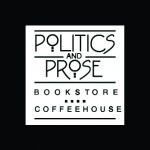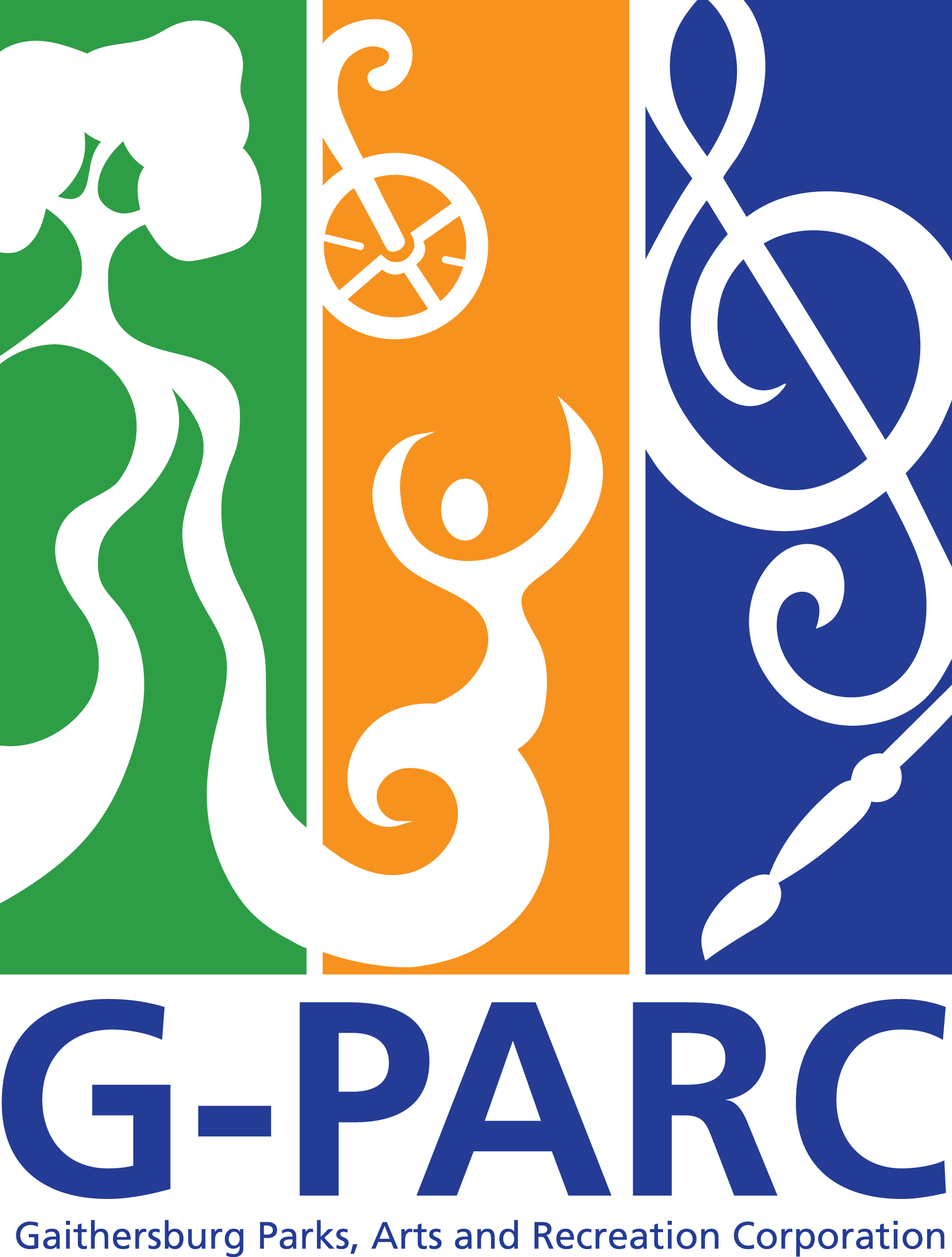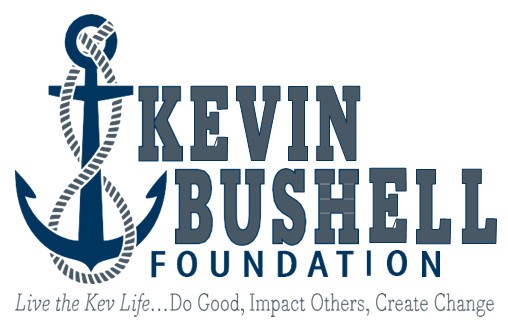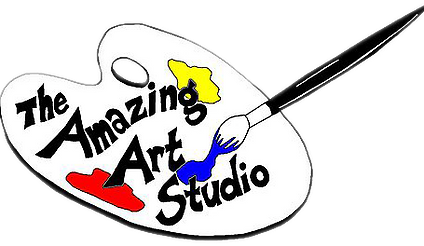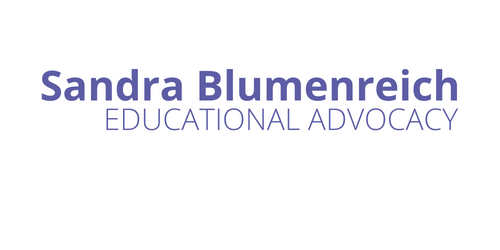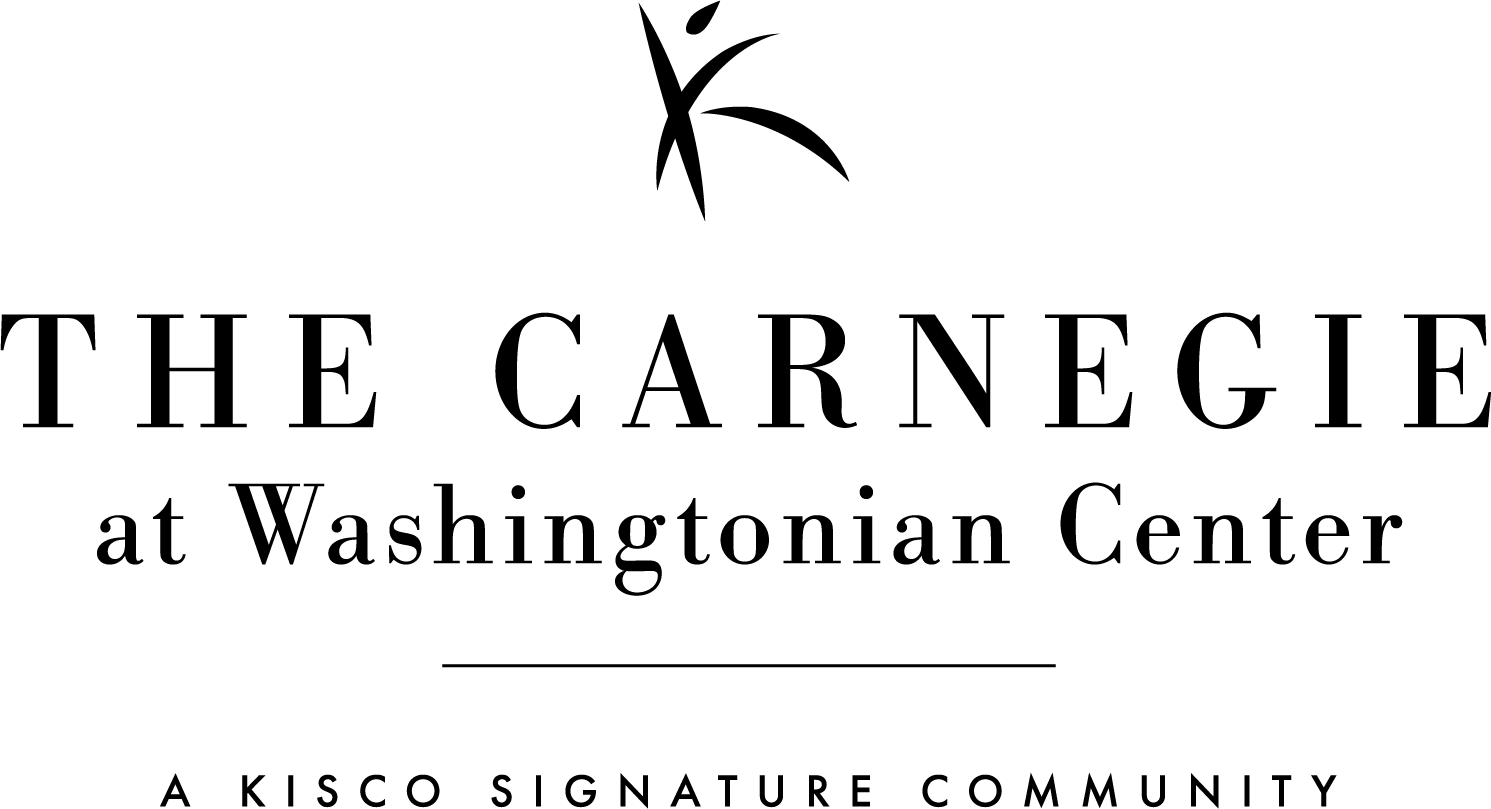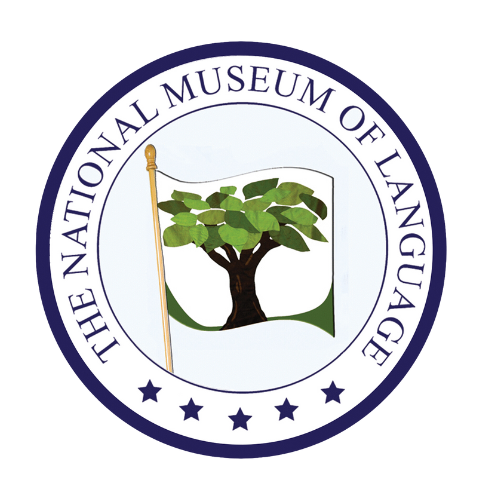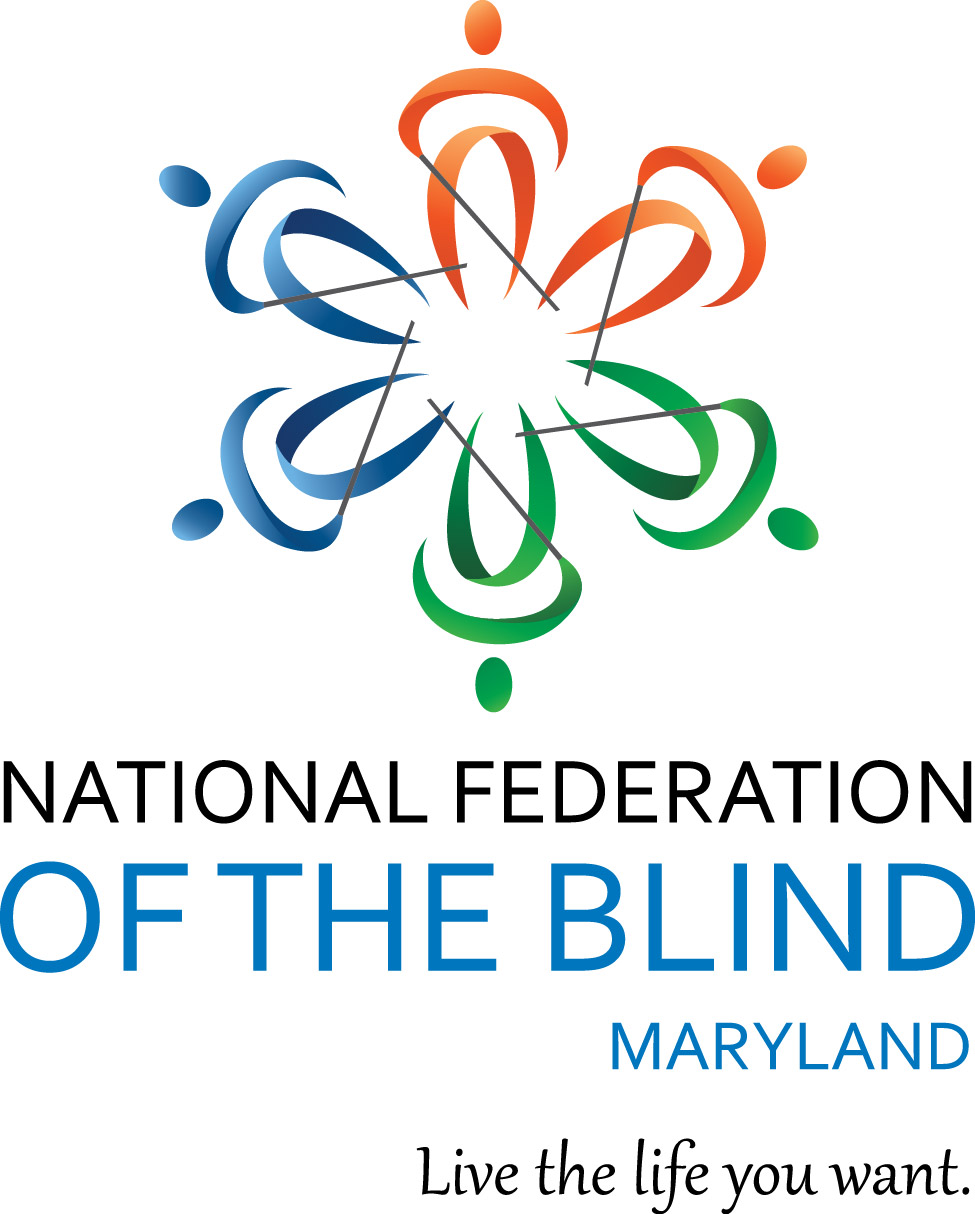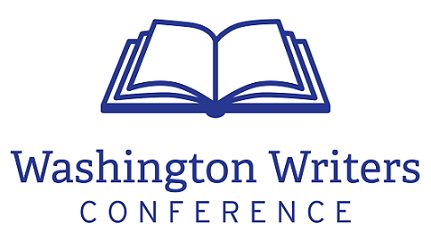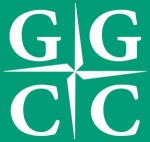Q&A with Exhbiting Author (and Novelist) R. Simon Anderson
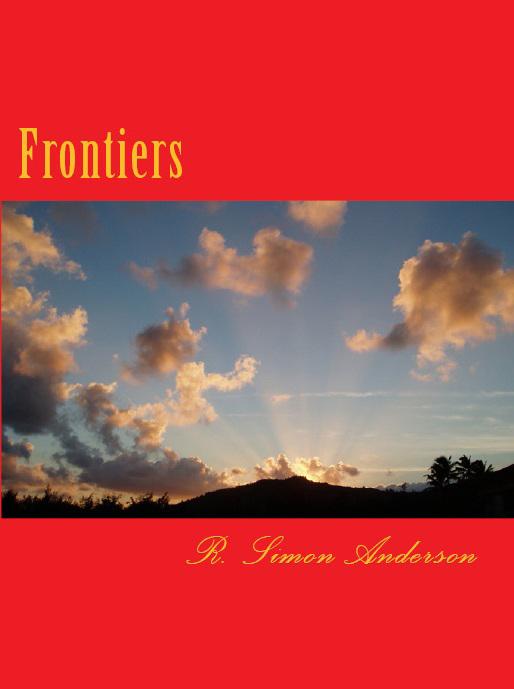
Hall of Exhibiting Authors participant R. Simon Anderson is originally from England and grew up in the last half of the Cold War, gaining an immense interest in history, aviation, the Super Powers’ cat-and-mouse game as well as geography and travel. He attributes his immense detail-oriented nature in his writing to his upbringing as an only child who created many worlds to keep him occupied in the early part of his childhood.
His latest book, “Frontiers,” is the story of Tatyana Levshenko, a typical adolescent girl growing up in the capital city of the Soviet Union who dreams of someday piloting a MiG and flying for her country’s air force, a career field closed to females in the Soviet Union. Her life changes after a traumatic event and although under growing suspicion by both the oblast police agency and the KGB due to local unsolved homicides, her brother formulates what could become the catalyst of a dangerous conspiracy. Will the young idealist follow through with her brother’s plan?
Why should people come listen to you talk about your book?
Although its genre is suspense, to lend background to the story, I also bring the reader up to speed on the culture and history related to a character, location and scene. So there is indeed something for everyone. I touch on the [former] Soviet Union’s law and Constitution, education system (since the story begins with the main character graduating high school), a couple of departments – or Lines – of the KGB (due to the murder investigations) and the USSR’s military including the military academy experience, hardware used, some Soviet bases and their history, the USSR’s invasion of Afghanistan as well as narration of some of the former East German Soviet air bases and what made Berlin unique geographically, politically and militarily among the Super Powers to name some examples. I even outline the histories of such noted destinations of Sochi, Russia, Odessa, Ukraine, among others given where ever a key character or scene is set.
Throughout this journey of what was 1980s USSR is the suspense of whether the main character’s brother is a serial killer and if Tatyana succeeds in enlisting in a male-only military academy.
While composing the story, I allowed myself a very minute amount of “creative license” in telling the story.
Where do you go to find your ideas?
Everywhere. I love people watching and observing the human condition anywhere – or everywhere – I am, whether it’s at a coffee klatch, winery, playing tourist somewhere, strolling around a lake or along a river or what is gleaned on the television news.
Do/did you have a day job? What was it and how did it influence your writing?
Yes. During the day I am a mild-mannered HR Generalist so I interact with people daily. And get paid for it.
What do you do when you have writer’s block?
Given I am a detail-oriented, over-achieving sod, the only “writing challenge” I may find is a writer’s block, and even then, as I have proved a couple of times in the past, I merely just keep writing til the block packs up and leaves. Whether it takes three pages or 20 (which I have done to break through a block), I challenge myself without forcing myself. You cannot “force” the muse to come, but when it comes, if you ignore it, you may be lost.
What is your writing process?
Conceiving an idea for a story. Having it come to me rather than consciously forcing an idea to the fore. Seeing if it has a purpose and can be gripping, with an original conclusion. Once that happens, then I script it out a la bullet points. After that I see where there are questions and conflicts and seek to “answer” the questions. Then I begin writing using the first bullet point as the (initial) scene and go from there.
Given I am an over-achiever I have a list of characters, their names, profession, placement in the story, [even details such as] what they drive and what they look like already composed by this stage and then I merely add to the list with any other character if the need arises. Did I mention I am an over-achiever with a mild case of OCD?
Where did you grow up, and how did this influence your writing?
England for one quarter of my life and California with some stays in the southern United States and (the former West) Germany. Yes, I was a military brat and enjoyed that experience.
The experiences I observed, garnered and researched given where ever I lived in a certain time period, added to my immense interest in the USSR’s aircraft with a further question of how my peers behind the Iron Curtain lived during the Cold War.
When did you first start writing?
In English composition class at age 10. I immersed myself by engaging my vivid imagination and putting those thoughts on paper beginning with my first writing assignment, and my love of writing grew from there.
What is the greatest joy of writing for you?
Creating worlds of my own sometimes. Putting what I am seeing or have experienced down on paper as I feel my writing reflects that knack of adding color to my “show don’t tell” aspects of describing a scene.
What’s the story behind your latest published book?
A combination of my love of aviation, fascination with the Soviet Air Forces (VVS) stationed in Germany during the Cold War mixed with just a few sentences I wrote which matriculated into three paragraphs (ironically: a three act outline) as therapy after I made the difficult decision to shelve another – and completely different – novel initiated years earlier.
How do you approach cover design?
I try to encapsulate the gist of the story in one cover design, whether if it’s abstract but can be understood or a concrete logo that conveys the idea of the work.
What are you working on next?
I am in the final stages of editing a sci-fi suspense tale. I have a few other suspense-oriented ideas as well.
What do you read for pleasure?
Periodicals: newspapers, aviation, wine, English football publications, books on history and autobiographies. The latter is what I cheated with due to my “no reading another’s work of fiction” embargo while I wrote my first novel.
What kind of advice would you give to aspiring writers?
Much like Nike’s 1990s marketing campaign: “Just do it!” Get it down on paper, get it done, and get published! To me, as a writer, you are either a writer or a talker. Yes, for a long period of my life I was “a talker.” I chose to have other things in life take center stage, which isn’t a bad thing, but then I put aside time to write and became published.
You can find out more about author R. Simon Anderson, who will be in the Hall of Exhibiting Authors, and his book on Facebook or Twitter.







